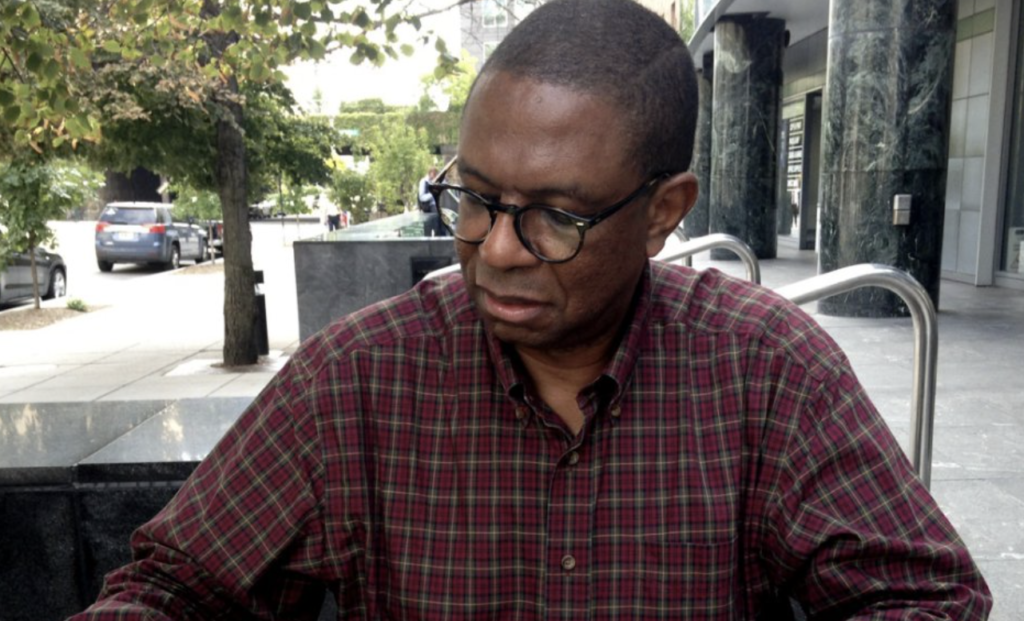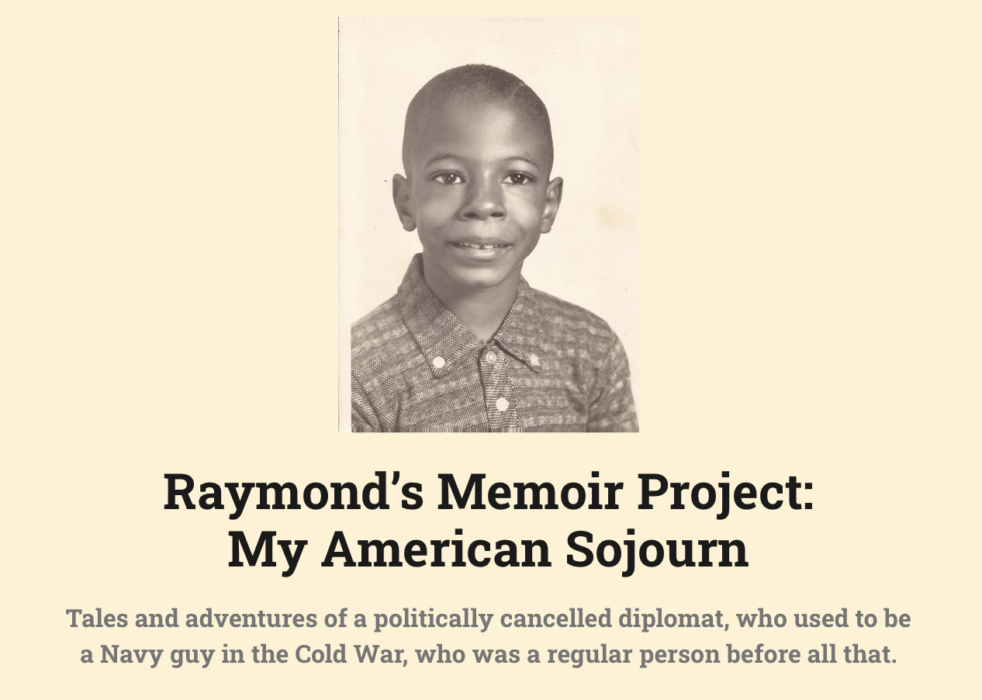The following is a news analysis and Arab Spring timeline created by Raymond Maxwell, a former Deputy Assistant Secretary of State for Near Eastern Affairs and North Africa
By Raymond Maxwell
We continue to experience the blowback, backfire, and unintended consequences of policy decisions made leading up to the so-called Arab Spring. Much of the regime change policy aiming of the Obama administration had roots in the Bush Administration response to 9-11 and the corresponding “neo-con” embrace of regime change. Many of the opposition groups we funded, trained and equipped for regime change efforts turned on us, attacked us, and became our own sworn enemies. There are lessons here for the future as well as the present. There is, of course, an element of “Monday morning quarterbacking” in this analysis that I acknowledge.

A bit of background. When the so-called Arab Spring sprung, I had just returned home from a year in Baghdad, literally ducking and dodging rockets and mortar rounds in the Green Zone. I was ready to reap my reward: assignment to a backwater office, out of the limelight, where I could recuperate from a mild case of PTSD. My new position was as office director for a small office in the Near East Bureau, Regional Affairs, which we later renamed Regional and Multilateral Affairs to highlight peacekeeping and technical assistance programs in the region. Piece of cake, right? But because events surrounding the Arab Spring took on more of a transnational appearance, my betters saw fit to put Regional and Multilateral Affairs in charge of covering it. It was more efficient than having each country office do its part as the reform virus spread from country to country, so to speak.
Pushing the paper was effort enough, but soon in, the Bureau launched an around-the-clock task force because so many countries jumped on the reform bandwagon. My team and I took the lion’s share of overnight watches, especially those of us who had served in the countries involved, Egypt, Libya, Tunisia, Algeria, Morocco, Iraq, Jordan, Syria, Bahrain, Yemen, et.al. Action got real deep real quick. I had served in Cairo and was more than thrilled to be the friendly, known voice on the other end of the line for my colleagues hunkered down there.
A quote from Maha, an Egyptian attorney/Uber driver in my play, “Seminar, or Enough Blame to Go Around: Corruption in the Capital in Late Empire,” sums up outcomes of the Arab Spring somewhat.
“We made some strides and the government was open to moving forward. Then the revolution came. To us in Tunisia, to Egypt, to Libya. You all called it the Arab Spring, but for us it was something all together different.
“A few sincere people got the ball rolling, as they say. They made sacrifices, some with their lives, and our so-called revolution went viral on social media. That’s when the leadership transferred from a few sincere citizens to the American-trained agitators. It was they who fanned the flames and directed everybody’s energies toward regime change. In the end the regimes did change, in all three countries, but it was, as your Malcolm X said, “from the old Mississippi to the new Mississippi.””
To sign up for Raymond Maxwell’s sub stack newsletter, click here:
https://raymond945.substack.com








